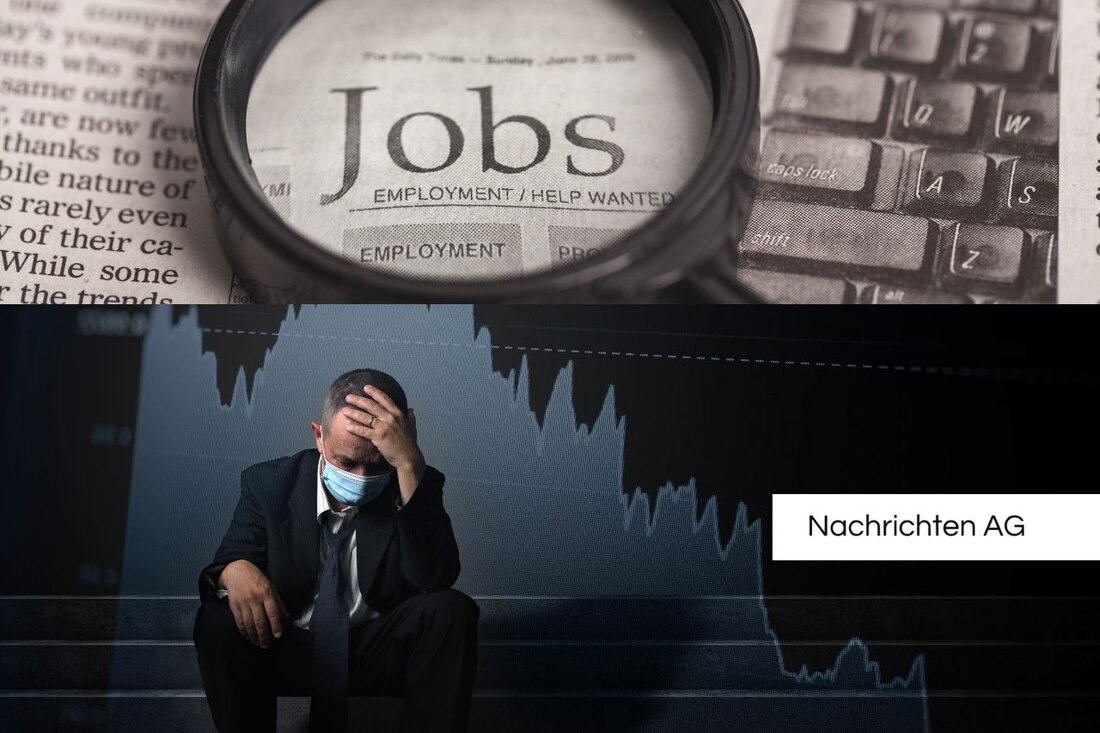Education in Bremen: Social division endangers the future!
Learn how Bremen is affected by educational inequality and discover relationships between poverty and educational opportunities.

Education in Bremen: Social division endangers the future!
in Bremen not only the political minds, but also the worries about the educational opportunities of the children. The city has developed into a focal point of educational inequality, a topic that not only takes school policy, but also affects the democratic participation of citizens. As reports Rosa-Luxemburg-Foundation, many Bremen districts are fighting with chronically high unemployment and enormous poverty quotas, in particular through the decline of traditional industries such as shipyards and coffee work. This has a direct impact on the educational opportunities of the youngest in the city.
According to the latest figures from the Federal Statistical Office, 28.8 percent of the Bremen population are threatened by poverty in 2023, including shocking 41.4 percent of children under the age of 18. These alarming values lead to Bremen to one of the highest poverty rates among German federal states with over 500,000 inhabitants. In particular, the northeast of the city benefits from prosperity, while disadvantaged districts such as Gröpelingen and Blumenthal in the northwest not only experience the social descent, but also feel in their education system.
a vicious circle of poverty and educational inequality
Education and family background go hand in hand. In Bremen, a particularly large number of children are affected by the risk of poverty. The national educational report states that 52 percent of all children in Bremen have at least one risk report, i.e. they live in families with an income below the poverty line, experience unemployment or have parents with low qualifications. In a nationwide comparison, it is only 4.1 percent, in Bremen this even applies to 12 percent of children. According to [Government Research] (https://regierungforschung.de/ Democracy Fahrdungen-Müdzleichte/), these terrifying numbers underline the close connection between the training level and social status.
But why does the topic of education have such far -reaching consequences? Access to education can decide political participation. Dr. Philipp Legrand from the municipal university for administration emphasizes that higher education correlates with higher turnout, which in turn strengthens democratic coexistence. In the 2013 federal election, only 31 percent of people from the lower social class were ready to choose, while it was 68 percent under the upper class. This shows how educational opportunities affect participation in society.
The role of the education system
But what is the education system? A meritocracy, as many hope, should focus on individual achievements and skills and not social background or gender. As the Quellen:

 Suche
Suche
 Mein Konto
Mein Konto